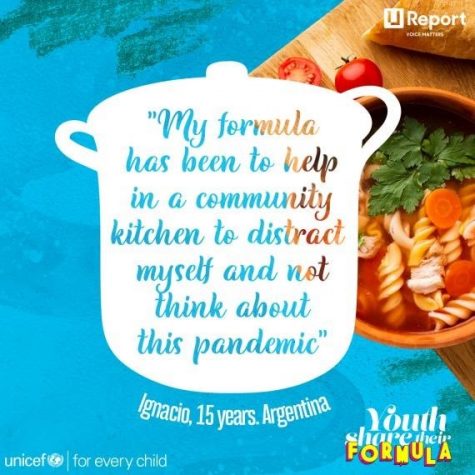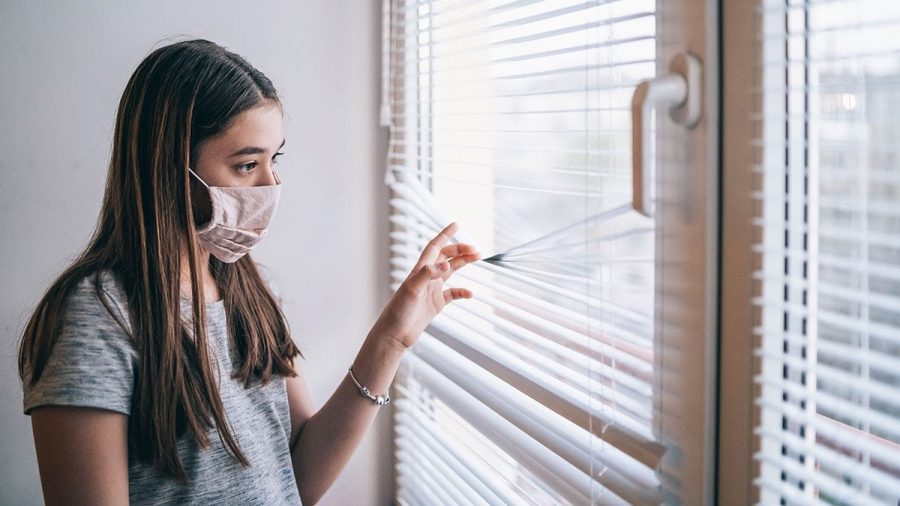The Social Effects of the COVID-19 Pandemic on Teens
Many have faced, in the past year, the looming nature of a collective crippling depression as a result of the COVID-19 Pandemic.
For teens especially, the restrictions imposed by the pandemic have meant months of virtual learning, more time isolated from friends, and the canceling of important social activities like sports, school performances, graduations, and proms. These activities foster the concepts of individual growth and a lack thereof has left a sense of emptiness and discomposure in the teenage population around the globe.
Many polls, like the ones distributed by Healthline, found that many teens in the United States already show signs of anxiety and depression without the involvement of a global pandemic that fluctuated between 11.6 – 12.9% (according to JAMA Pediatrics). A latter poll similar to the former – conducted by Healthline in late March 2021 – seemed to exacerbate the aforementioned polling with one in three teens (31.9 percent) meeting the criteria for an anxiety or depressive disorder by the age of 18.
As the pandemic progressed and parents became more directly involved in their teens’ lives due to their close proximity, parents had started to notice signs of mental degradation and emotional changes in their children. According to the C.S. Mott Children’s Hospital National Poll on Children’s Health at Michigan Medicine, a national poll shows that 46 percent of parents say their teen had shown signs of a new or worsening mental health condition since the beginning of the pandemic in March 2020.
¨Teenage years are filled with physical, emotional, and cognitive change¨ said Brittany LeMond, PhD, senior neuropsychologist at Lenox Hill Hospital in New York. In light of this, it is not surprising that teens have been more susceptible to declines in psychological health the past year.

While things seemed increasingly grim during the lockdown, many have also found solace in spending time with family as well as having time for themselves.
Through adverse conditions and challenges, teens around the world have found ways to cope and deal with their respective emotions. UNICEF has collected such stories in their ¨Youth Share Their Formula¨ program in an effort to collect worldwide experiences that have resulted from the global pandemic. One such story was from Ignacio, 15 years, from Argentina. He has created a formula that has been to ¨ Help in a community kitchen to distract myself and not think about this pandemic¨
Despite the incapacity that came with COVID-19, individuals like Ignacio have found a silver lining to deal with the ongoing crisis in their own way. Others have been visibly weighed down and have continued to struggle. No matter the reaction, individuals all over the world have had different responses to the pandemic and continue to stay afloat amidst the chaos.
